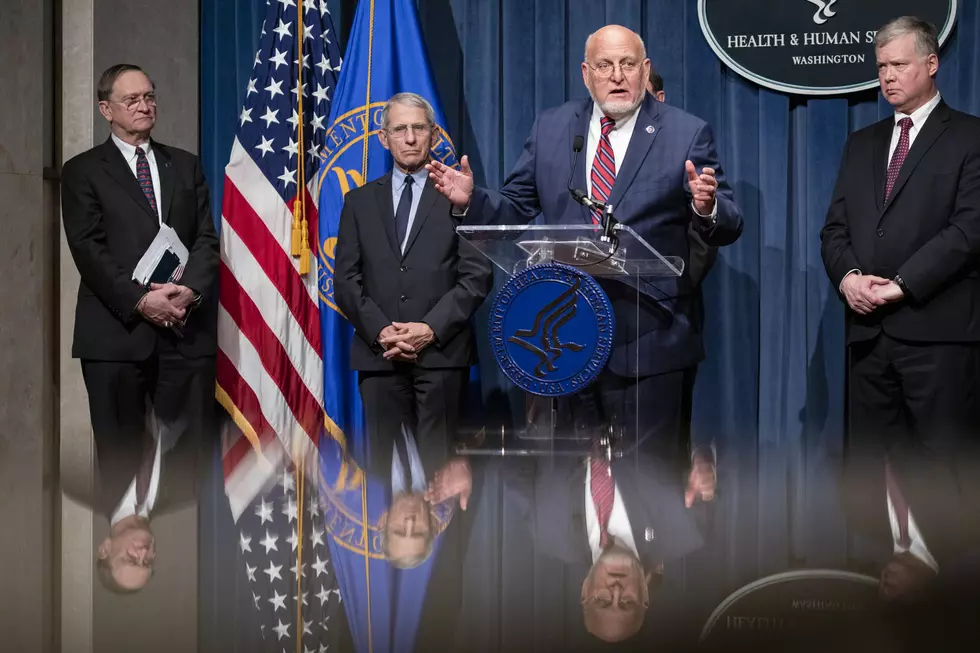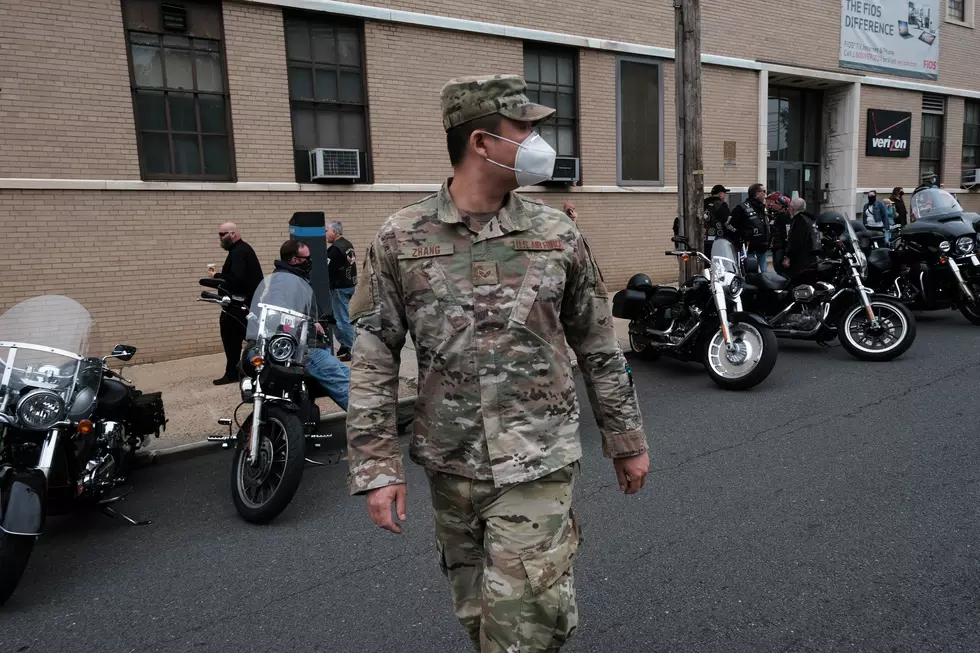
Fauci, The CDC, & Many Doctors Say Kids Should Be In School Now

Many area school districts have either started up the Fall semester, or will be starting soon. Some of the districts are offering in-person learning, at least as a part of a "hybrid" mix of online and in-person schooling.
The debate over whether or not to open schools has been raging on locally, including some very small protests outside of school board meetings. But the debate is relativity one-sided.
Nearly every leading doctor in the United State's has talked about kids returning to school, and they've all said the same thing. Kids should be back to IN-PERSON school as soon as possible.
Here's a sample list of the doctor's who have declared that kids should be back to in-school learning as soon as possible:
- Dr. Anthony Fauci
- Dr. Robert R. Redfield, Director of the CDC
- Dr. G.E. Ghali, Chancellor at LSU Health Shreveport
- The National Academics of Sciences, Engineering, & Medicine
- The American Academy of Child & Adolescent Psychiatry
- The American Psychiatric Association
- American Academy of Pediatrics
These aren't just quack doctors on the internet trying to push "healing crystals" or "magic dust" to cure COVID-19. These are some of the leading experts in the nation, and they're using science to back them up.
Nearly all of the doctors pushing for schools to reopen have referenced how much the benefits of kids being in school outweighs any potential dangers of COVID-19 exposure. Dr. Fauci said:
“It’s important for the children because of the psychological benefit, and in some places, even for the nutrition of children who rely on the breakfast and the lunches in school and proper nutrition”
During a webinar with The Buck Institute, Dr. Robert R. Redfield, the Director of the CDC, laid out the most articulate case for in-person schooling this year. His quotes include:
"I happen to balance the risk here. It’s not risk of school openings versus public health. It’s public health versus public health. And I’m of the point of view, and I weigh that equation as an individual that has 11 grandchildren, that the greater risk is actually to the nation to keep these schools closed."
While also pointing out the dangers of keeping kids out of school when it comes to drug abuse, overdose deaths, and suicide:
"But there has been another cost that we’ve seen, particularly in high schools. We’re seeing, sadly, far greater suicides now than we are deaths from COVID. We’re seeing far greater deaths from drug overdose that are above excess that we had as background than we are seeing the deaths from COVID. So this is why I keep coming back for the overall social being of individuals, is let’s all work together and find out how we can find common ground to get these schools open in a way that people are comfortable and their safe."
Maybe most importantly, Dr. Redfield talked about managing the risks surrounding COVID-19 versus the standard illness risks faced in a regular school year:
"I think it is important to try to be factual as we go through this. When we look at, right now, the mortality of this particular COVID virus, in the first almost 218,000 people we looked at February to July, there was 52 individuals under the age of 18. And if I recollect, about 35 were actually school age. Some of them were younger than school age. We’re looking critically at those individuals. And, you know, clearly, there’s an increase in comorbidities related to significant medical conditions that we already [...unintelligible...]. But I think that’s important because what that means, actually, is the risk per 100,000, so far, you know, into the outbreak, six months into it, is, in fact, that we’re looking at about .1 per 100,000. So another way to say that, it’s one in a million. Now, I’m not trying to belittle that, I’m just trying to make sure we look at it proportional. Because if you do the same thing for influenza deaths for school-age children over the last five years, they’re anywhere from five to 10 times greater. So I want people to understand the risk properly as they make that decision. And, obviously, influenza, we also benefit from having therapy and a vaccine. So I don’t want people to overestimate the risk of serious illness to individuals that are school age."
One in a million students would be at risk of sever COVID-19 complications in students. Which Dr. Redfield points out is much less than students face from influenza during a regular school year.
As much as people scream "the science matters" or "listen to the doctors" when it comes to COVID-19, those same people seem to be able to turn off medical advice like this very quickly when they don't like what's being said.
Read More: The 10 Most Common Goals Americans Have
More From News Radio 710 KEEL









